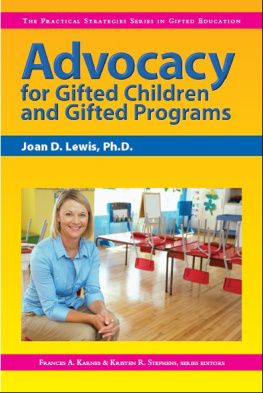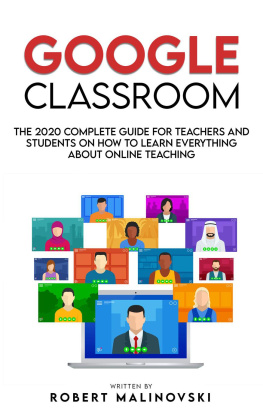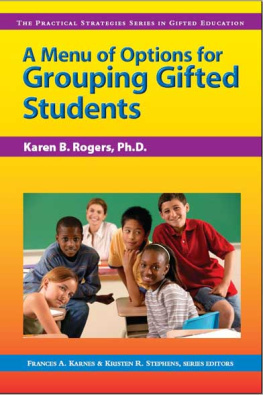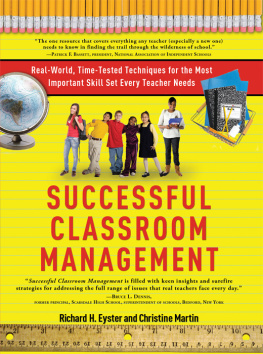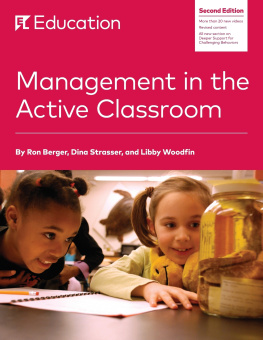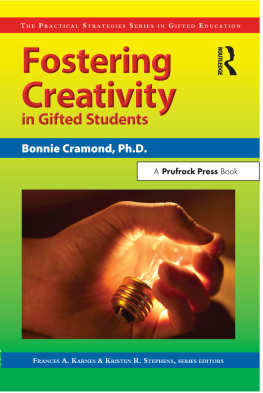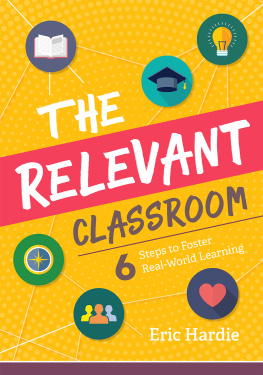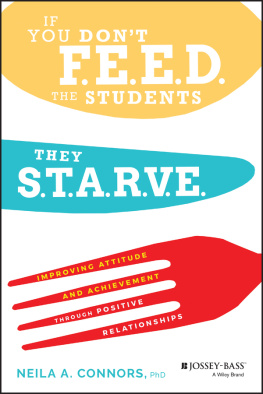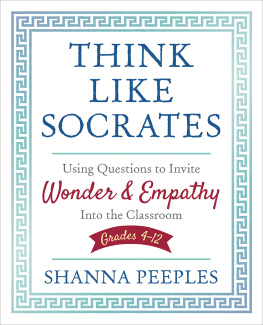Copyright 2008 by Frances A. Karnes and Kristen R. Stephens-Kozak
All rights reserved.
No part of this book may be reproduced, translated, stored in a retrieval system, or transmitted, in any form or by any means, electronic, mechanical, photocopying, microfilming, recording, or otherwise, without written permission from the publisher.
Printed in the United States of America.
ISBN-13: 978-1-59363-776-7
At the time of this books publication, all facts and figures cited are the most current available. All telephone numbers, addresses, and Web site URLs are accurate and active. All publications, organizations, Web sites, and other resources exist as described in the book, and all have been verified. The authors and Prufrock Press Inc., make no warranty or guarantee concerning the information and materials given out by organizations or content found at Web sites, and we are not responsible for any changes that occur after this books publication. If you find an error, please contact Prufrock Press Inc. We strongly recommend to parents, teachers, and other adults that you monitor childrens use of the Internet.

| Prufrock Press Inc. P.O. Box 8813 Waco, Texas 76714-8813 (800) 998-2208 Fax (800) 240-0333 http://www.prufrock.com |
THE PRACTICAL STRATEGIES SERIES
IN GIFTED EDUCATION
series editors
FRANCES A. KARNES & KRISTEN R. STEPHENS
Advocacy for Gifted Children and
Gifted Programs
Joan D. Lewis, Ph.D.

P RUFROCK P RESS I NC .
Series Preface
The Practical Strategies Series in Gifted Education offers teachers, counselors, administrators, parents, and other interested parties up-to-date instructional techniques and information on a variety of issues pertinent to the field of gifted education. Each guide addresses a focused topic and is written by scholars with authority on the issue. Several guides have been published. Among the titles are:
- Acceleration Strategies for Teaching Gifted Learners
- Curriculum Compacting: An Easy Start to Differentiating for High-Potential Students
- Enrichment Opportunities for Gifted Learners
- Independent Study for Gifted Learners
- Motivating Gifted Students
- Questioning Strategies for Teaching the Gifted
- Social & Emotional Teaching Strategies
- Using Media & Technology With Gifted Learners
For a current listing of available guides within the series, please contact Prufrock Press at (800) 998-2208 or visit http://www.prufrock.com.
Introduction
Supporters of gifted education for their own children, as well as all gifted learners, need to develop the skills of advocacy in order to build strong, lasting programs. Appropriate education for gifted learners has not been a priority of the education community. If no one speaks up on behalf of these learners, who will? This volume describes a wide variety of strategies that can be used to advocate for gifted students at different levels.
Gifted education is not about status, it is about meeting student needs (National Association for Gifted Children [NAGC], n.d., 6). Myths about gifted children flourish, often limiting their educational opportunities. Well-informed and energetic advocates are needed to change local and national perceptions in this area of education. Gifted children are not more important than other students, nor are they less important. All children deserve to learn at a level suited to their abilities every day in school, rather than waste time doing irrelevant and inappropriate work. In addition, children deserve teachers who are prepared and knowledgeable about their educational needs. Making these worthy goals a reality for gifted learners will require supporters to build their understanding about effective tools for advocacy.
Advocacy for the Gifted
Gifted learners need the efforts of strong supporters who will advocate for their educational needs. This volume applies the five Ws and an H strategy to advocacy for gifted education: Who, What, When, Where, Why, and How. Several authors, among them, James Gallagher (1997), speak to the need of all children to receive an education that is appropriate for their educational abilities. Gallagher emphasizes that gifted students are an underserved population. In order for this neglect to be reversed in public and private schools, supporters need to learn how to be effective advocates. It is not enough to discuss the characteristics and learning needs of gifted children among fellow supporters; the message must be conveyed to broader audiences of prospective converts (Karnes & Lewis, 1997).
Advocacy in support of appropriate educational opportunities for gifted learners is a necessity. There is no federal mandate; individual states provide varying levels of service. Some states identify gifted learners as early as kindergarten, whereas others dont require identification. States offer various options, which include individual education plans of one kind or another, services for different levels of giftedness, part-time homeschooling, programs for twice-exceptional students, acceleration, and early college/dual enrollment (Hoagies Gifted Education Page, n.d.). Although more states are providing a wider range of options for gifted learners than in the past, service is still inconsistent, frequently permissive rather than required, and not comprehensive for all ages. In addition, in the absence of a federal mandate, state mandates can be withdrawn at any time with no penalty.
Why does there continue to be so little support for gifted education when the function of schools is to teach all children? Undoubtedly, many causes contribute to this inequity. One reason is very few teacher education programs require a class that provides more than a brief mention of the characteristics and resulting educational and affective needs of gifted learners. Consequently, teachers often are unaware that some children are capable of learning at a vastly more advanced level than other children in their grade. Differences in learning ability are difficult to see unless instructional opportunities allow open-ended demonstrations of knowledge and skills.
Some gifted learners advertise themselves with their probing questions and depth of knowledge. They may be seeking attention for their wide range of advanced skills, or they may not be able to disguise their abilities due to their intense enthusiasm for learning. Sometimes this obvious display of advanced abilities is recognized by teachers and appropriate educational options are offered. However, some teachers may be annoyed or intimidated by these students intensities and neglect their educational needs altogether.
Peer relations often are another source of stress for gifted children because they tend to have more advanced friendship needs (Gross, 2002). Such students develop a variety of responses to the growing realization that they arent like others their age. Peers may tease or bully bright youth because they are different. As a result, already strained social interactions with peers can deteriorate.
Some students become more assertive in demonstrating their skills, and others may pursue their own interests quietly. A sizable number of children with gifted abilities strive to hide among the crowd by intentionally or unintentionally under-achieving. Although a few gifted individuals need individual or group counseling, all gifted learners need guidance to help them learn to understand themselves and make the most of their abilities. They also need academic and career counseling considerably earlier than other students because of their advanced intellectual abilities and often more intense emotional responses (Silverman, 1993).

